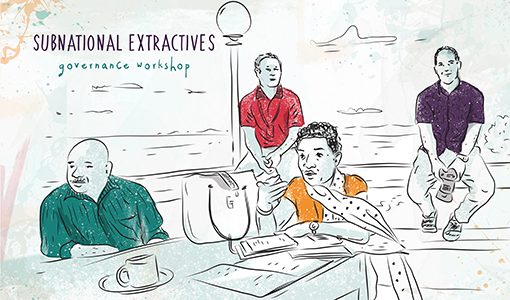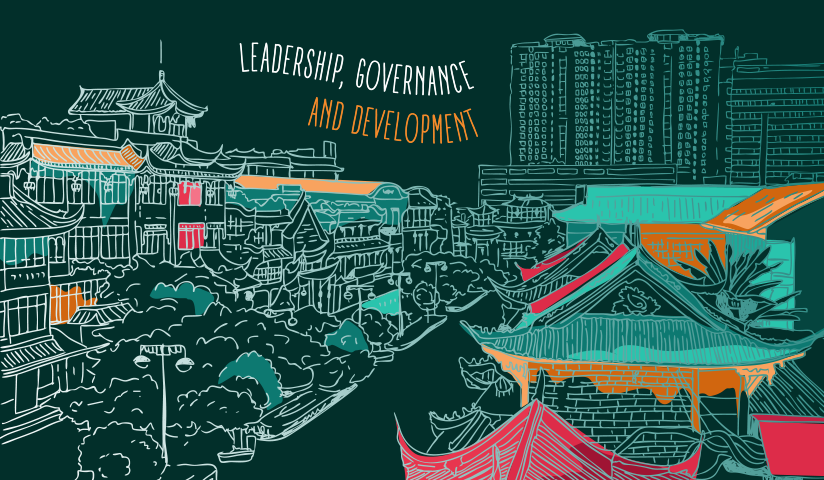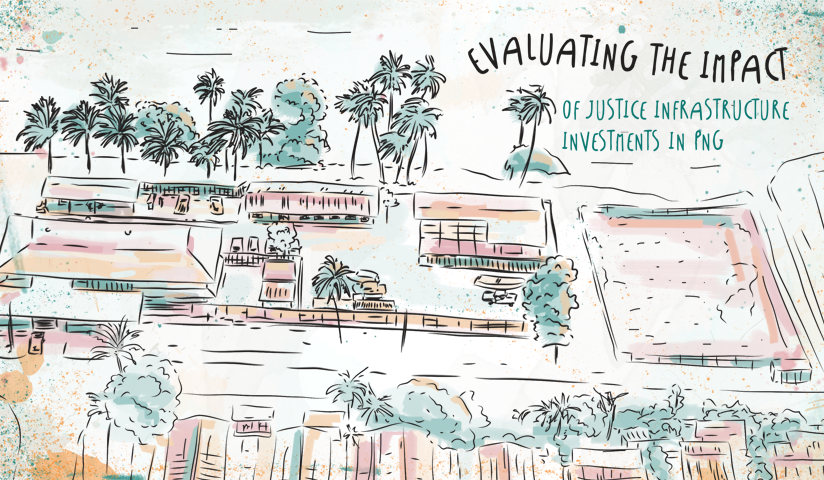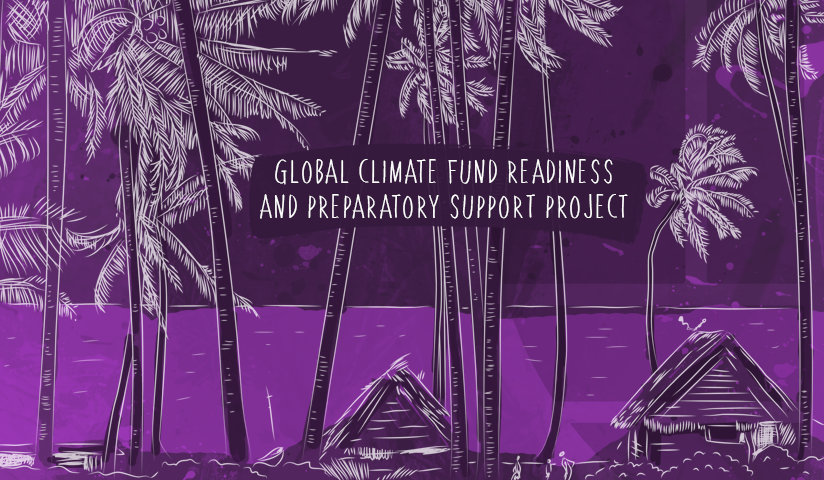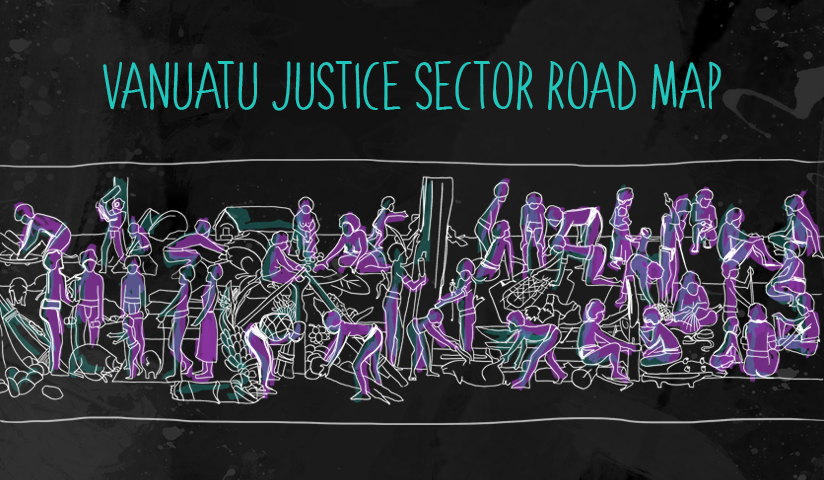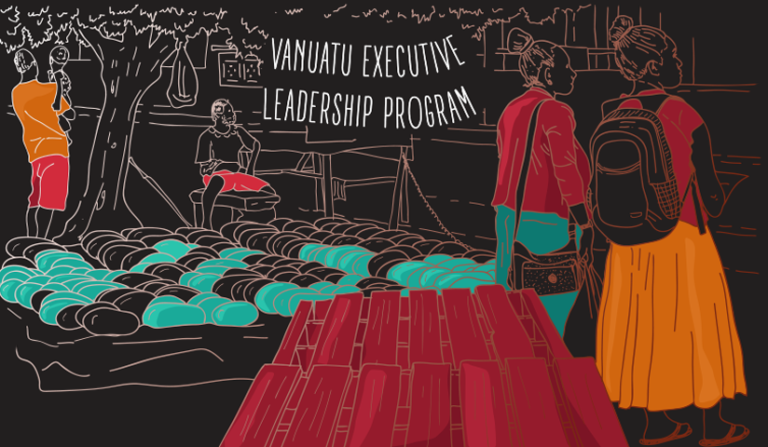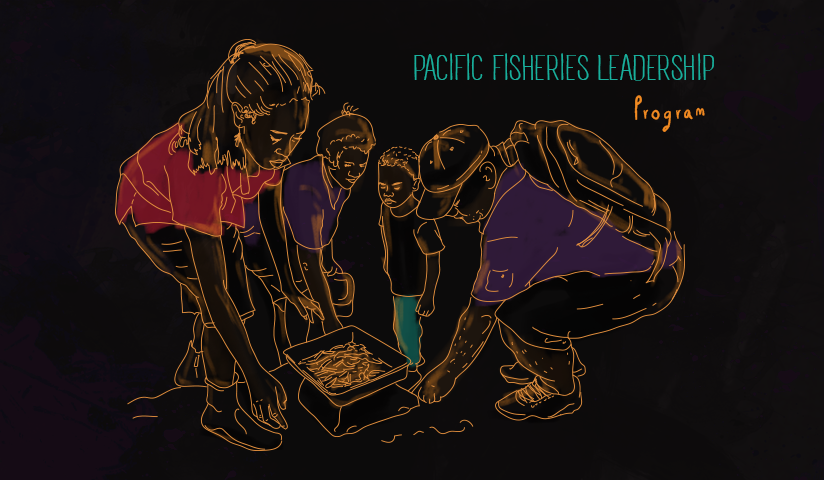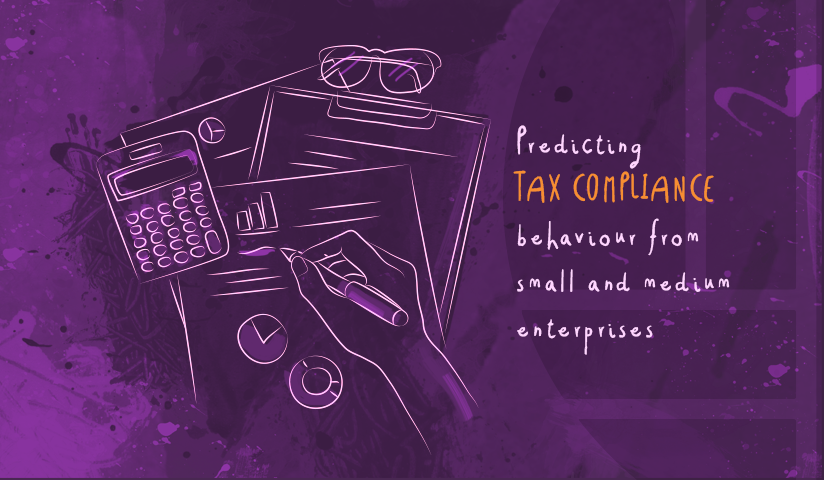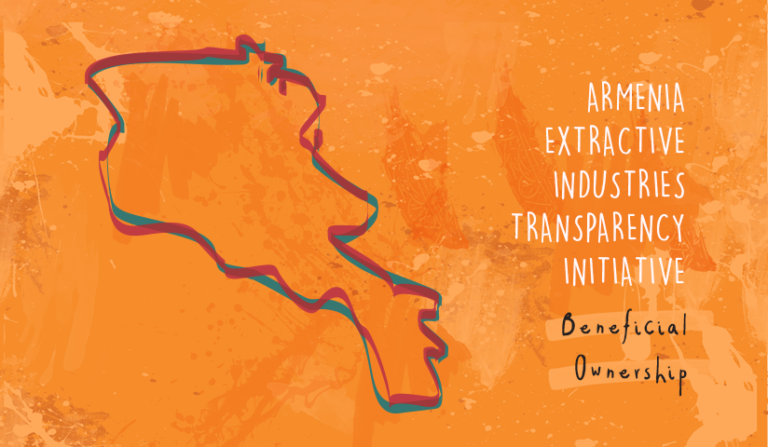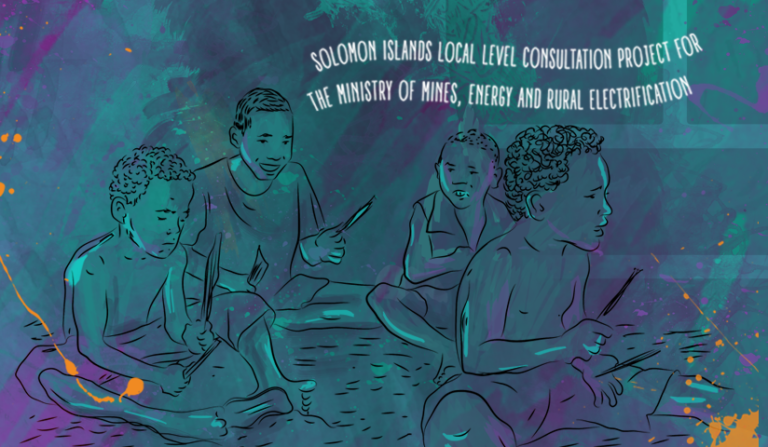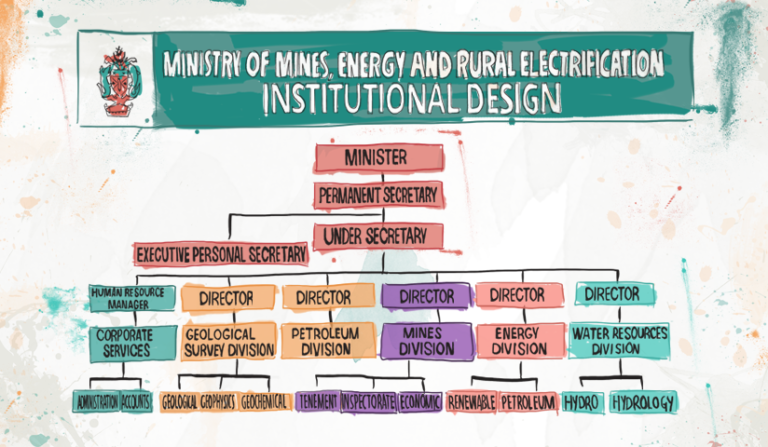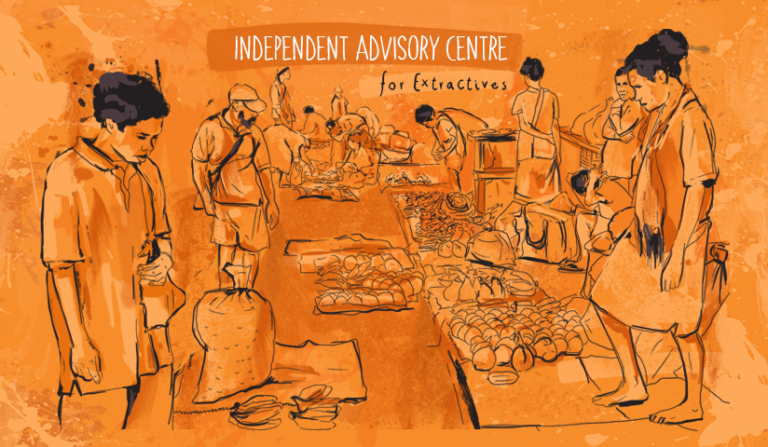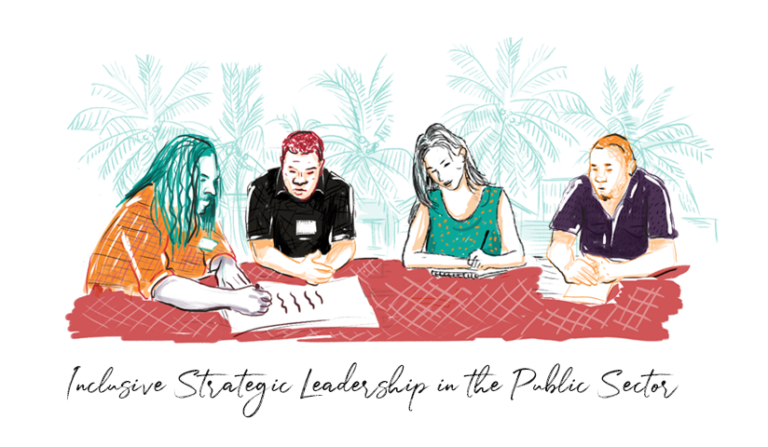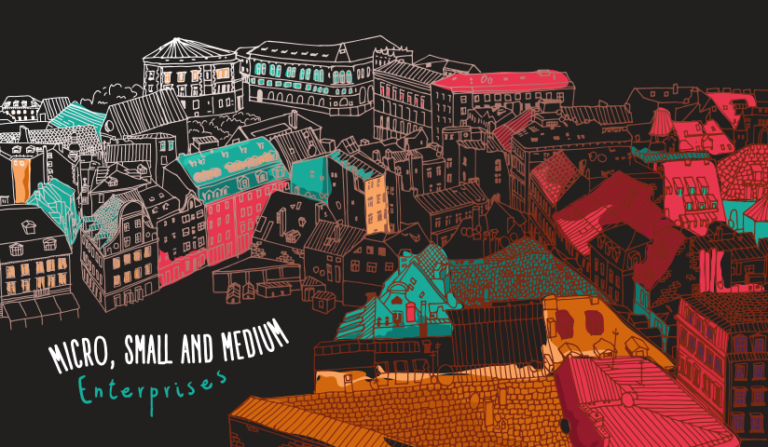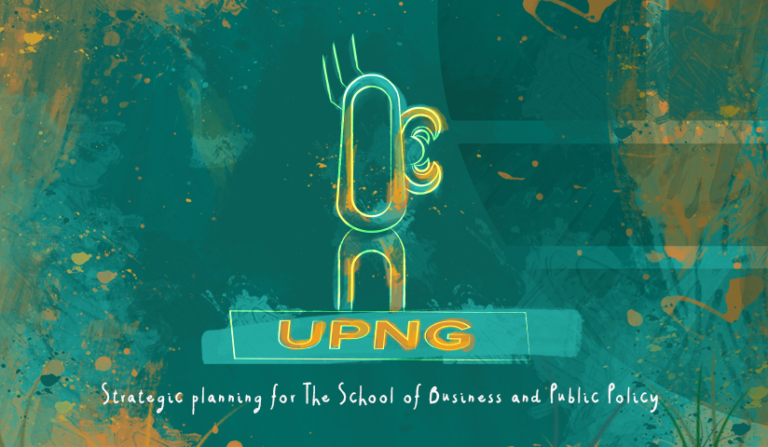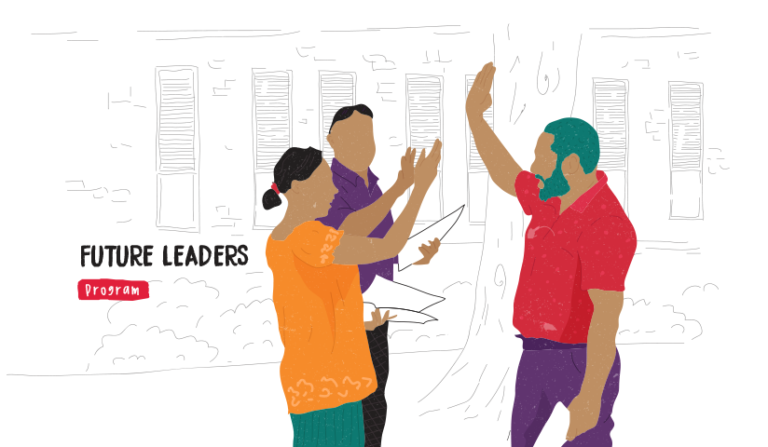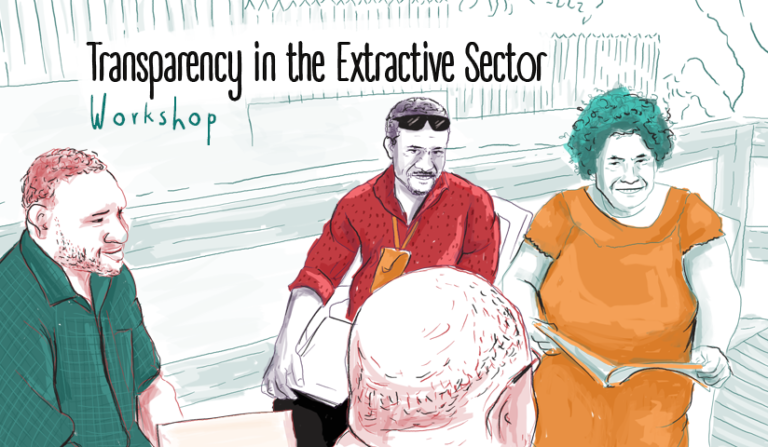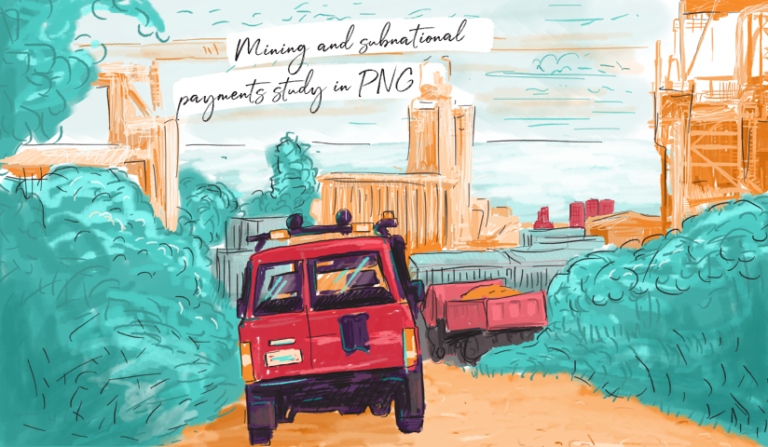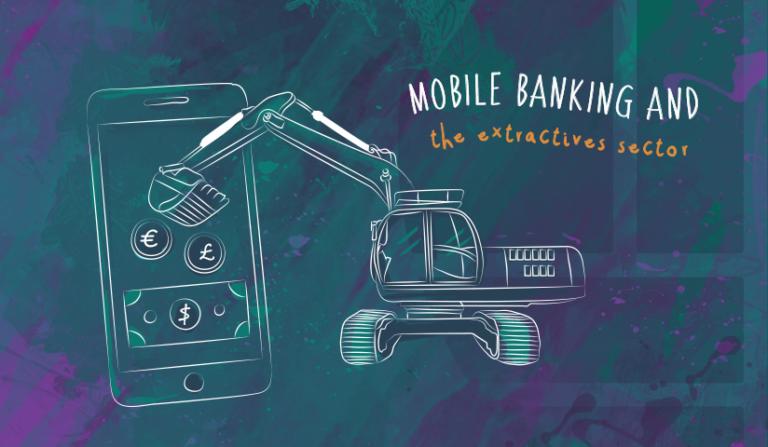Service
Institutional Strengthening
Capable and legitimate state and civil society institutions are a vital part of the development landscape. They help to maximise human capacity and financial resources and can drive sustainable development outcomes that meet the needs and aspirations of diverse populations.
Yet in many developing country contexts, the fit between post-colonial institutions of the state and the traditional institutions and ethical systems which govern and give meaning to everyday life for much of the citizenry has been uneasy. This uneasiness can pose challenges for institutional and cultural legitimacy, as well as organisational effectiveness. At the same time, there is much learning and opportunity to be found in the strengths offered by a diversity of institutional contexts.
For Square Circle, institutional strengthening involves understanding this diversity and harnessing it in ways that recognise existing and potential capacity, deepen and broaden legitimacy, enhance connectivity, and bring about sustainable and inclusive service delivery. Through our approach to institutional review and design, we help public sector and civil society institutions to articulate their vision and theory of change, provide support for the organisational design process, and help to build capability for inclusive service delivery and impact.
Square Circle’s Institutional Review Assessment takes a collaborative approach to understanding institutional effectiveness across three domains: 1) Insight and Orientation; 2) Action; and 3) Impact. Insight and Orientation focuses on the path and direction the organisation has set upon. Action is about the way the organisation has worked to execute its strategy and realise its vision. Impact focuses on the substantive results achieved.
In our Institutional Strengthening work, we use innovative digital learning methodologies and tools to enhance opportunities for collaboration and to create a custom-built experience for training. We also draw on our expertise in globalisation and development; state building; organisational development; governance, ethics and public administration; and gender equity, disability and social inclusion.
Importantly, we understand the importance of continuous learning and improvement as central to any institution’s long-term stability and impact. Because of this, our approach to institutional strengthening is both participatory and iterative, helping to ensure local ownership from program design through to implementation and evaluation.
We do not see institutional strengthening merely as a technical issue. Instead, we situate institutional strengthening in wider political, economic, and social relationships that encompass policies and rules (the supply side) within a broader civil society, social accountability and equitable development framework (demand side).

